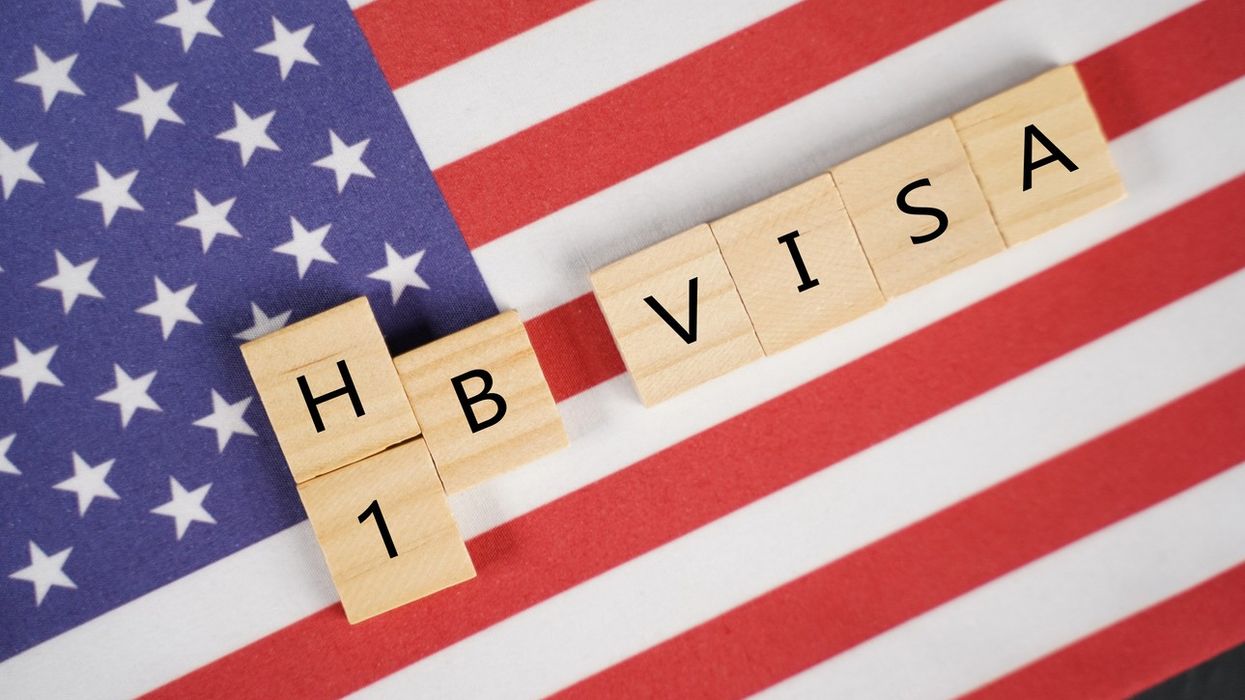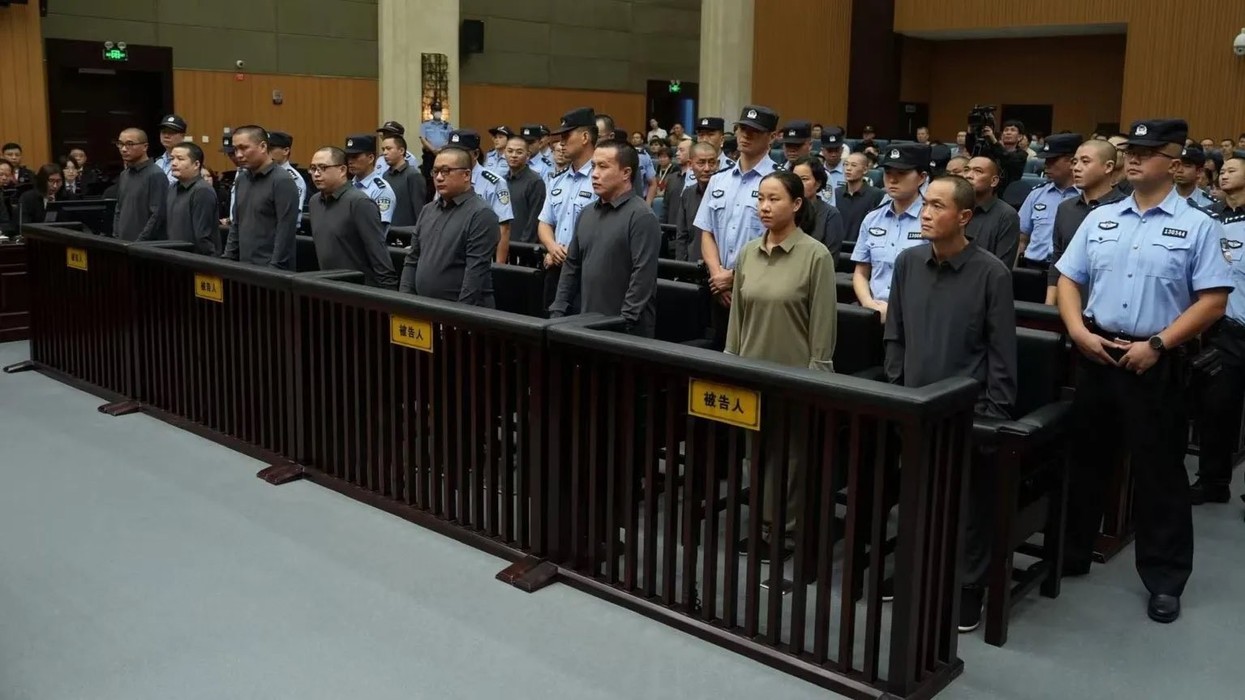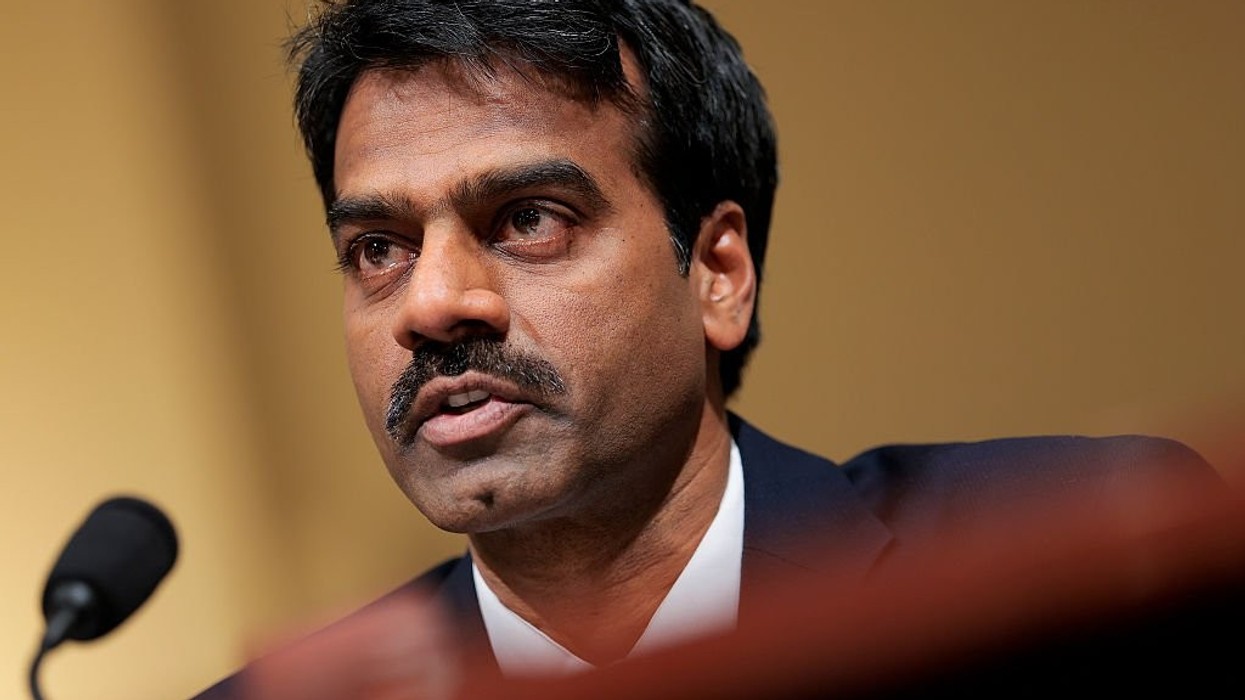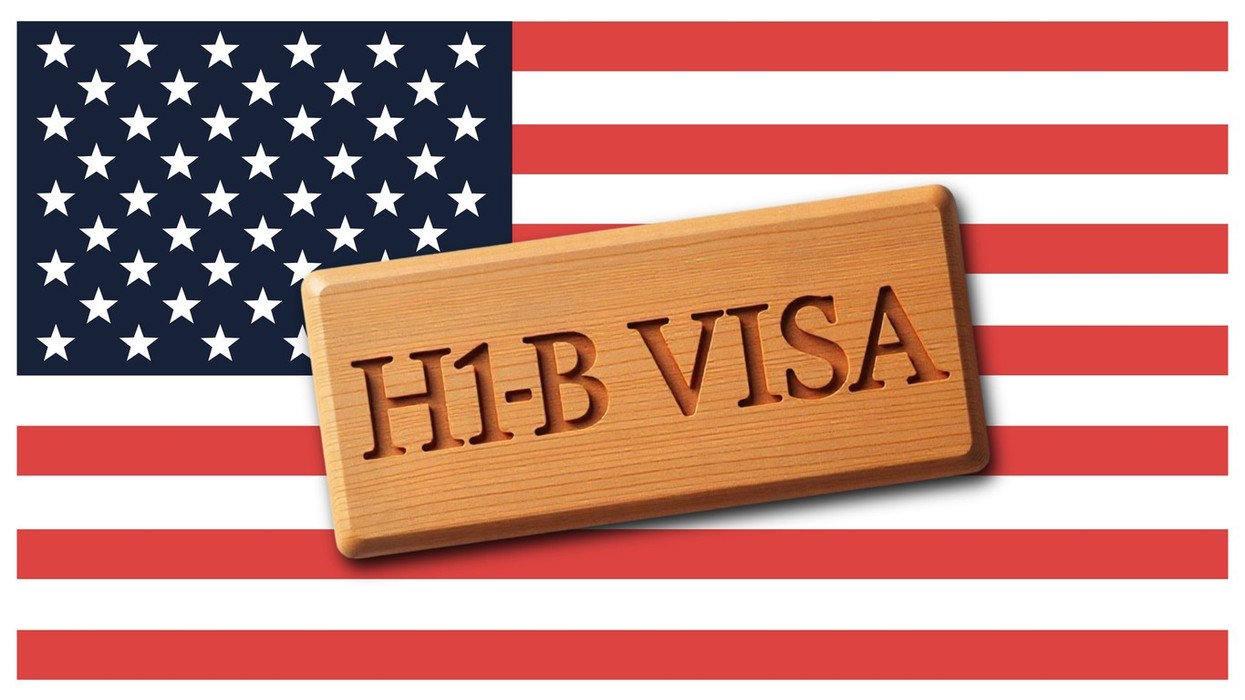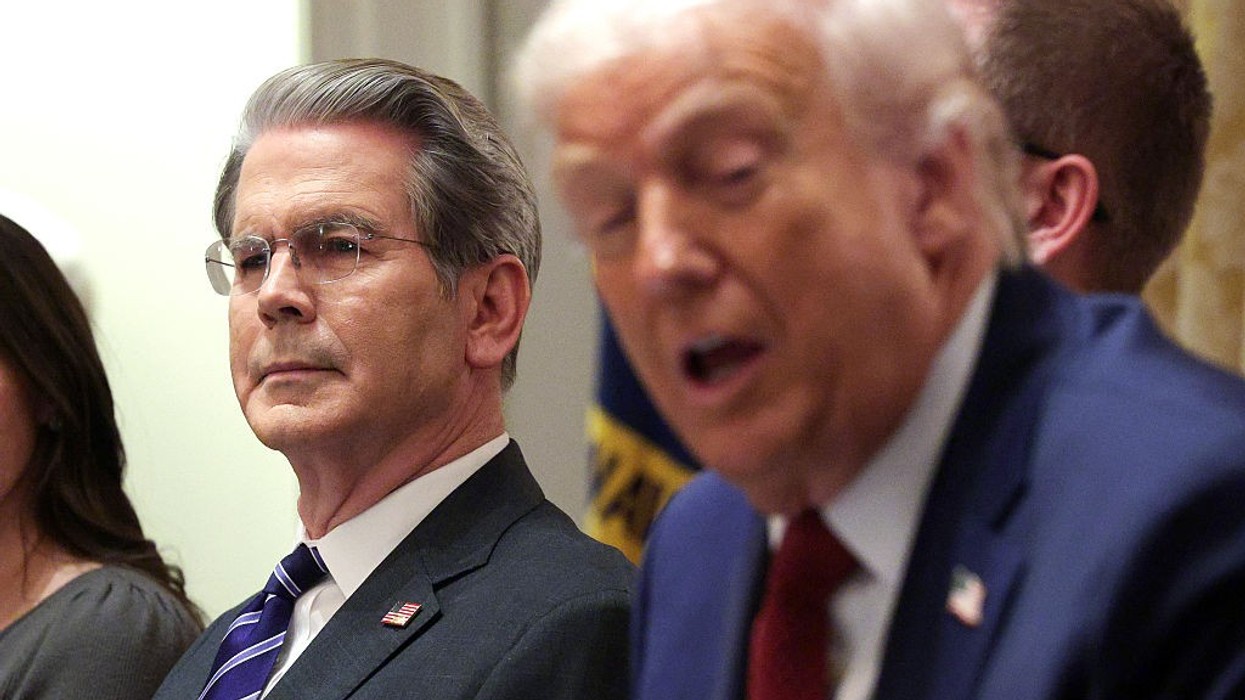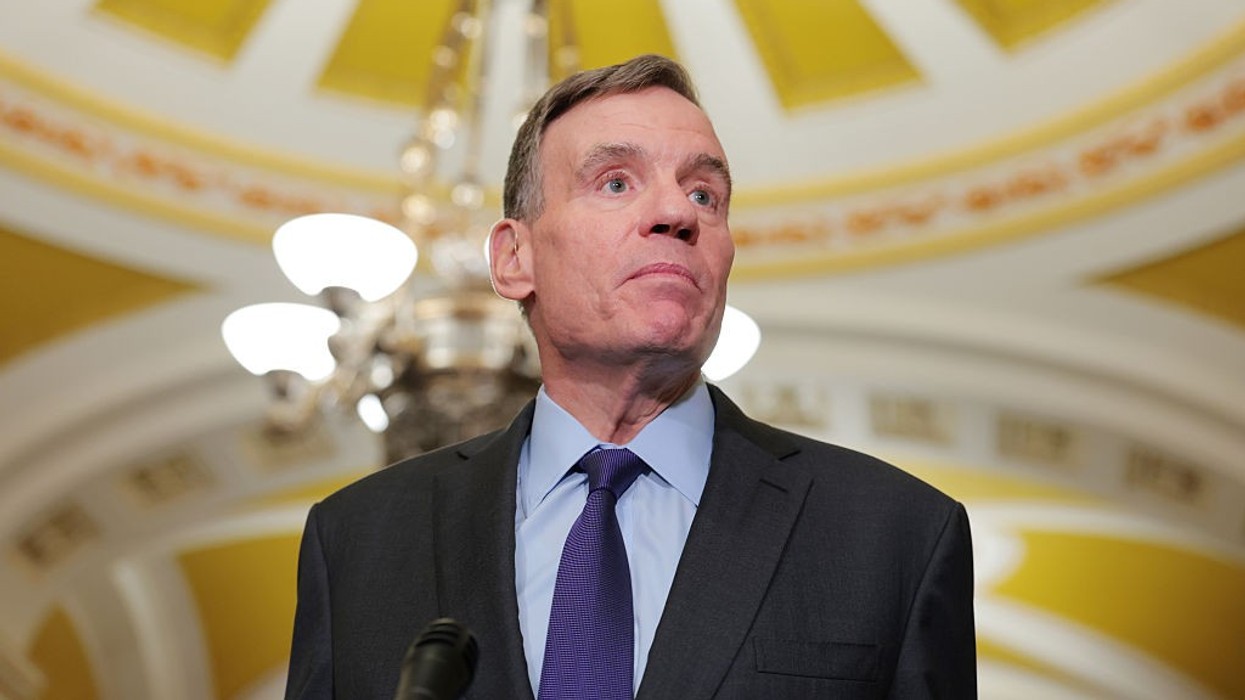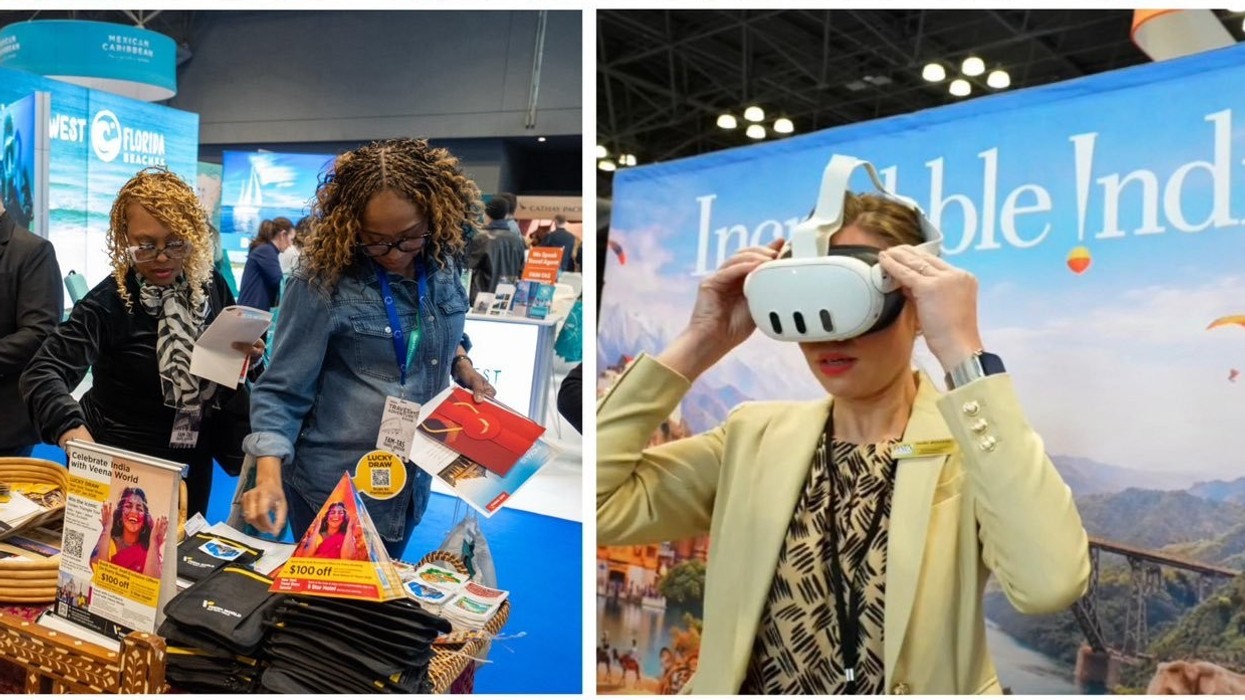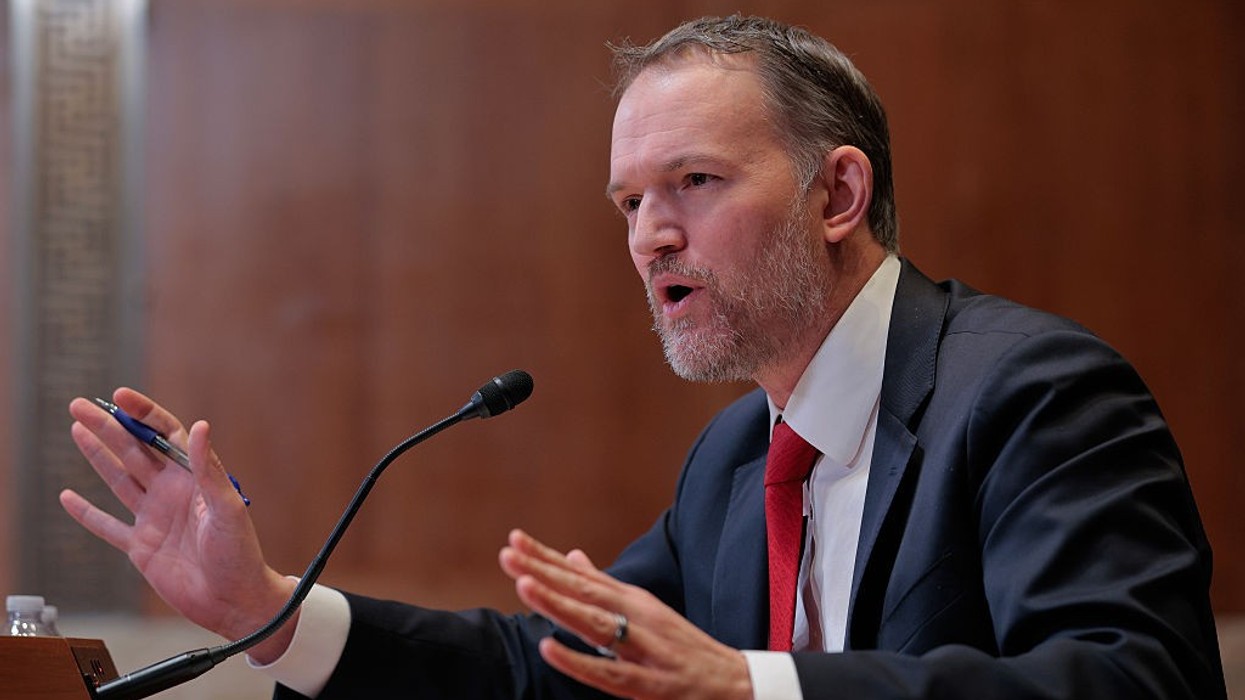The H-1B visa program, which allows U.S. employers to hire highly skilled foreign workers, remains at the center of heated debate. Amid growing criticism, new legislation has been introduced by Republican Representatives Tom Tiffany and Andrew Clyde aiming to further restrict the program—particularly targeting higher education staff appointments.
Current H-1B visa structure and the higher education exception
Currently, the United States caps the annual number of new H-1B visas at 65,000, with an additional 20,000 spots reserved for those who have earned a master’s degree or higher from a U.S. institution. Notably, higher education and nonprofit research institutions are generally exempt from this cap, enabling universities to hire foreign faculty and staff more freely as compared to private industry employers.
The colleges for the American People Act of 2025: Proposed changes
The newly proposed "Colleges for the American People Act of 2025" would remove the exemption that colleges and universities have long benefited from. If enacted, any foreign applicant seeking a higher education position would be subject to the standard H-1B visa lottery and cap, eliminating their preferential treatment in the immigration process.
Proponents of the bill, including Rep. Tiffany, argue that the measure will prioritize American graduates for university jobs and curb what they consider "backdoor hiring practices" that may disadvantage domestic jobseekers. "American students spend years earning degrees, only to watch universities hand good-paying jobs to foreign workers on special visas," Tiffany stated. "The CAP Act ensures our institutions invest in the people they are meant to serve and ends the backdoor hiring practices that undercut American workers."
Impact for current and future applicants
Importantly, the proposal is not retroactive. Current H-1B holders working at universities would still be eligible for extensions without facing the new restrictions. Only new applicants and those seeking fresh employment would have to navigate the stricter, more competitive general process. For fiscal year 2026, the U.S. Citizenship and Immigration Services (USCIS) reported that as of last week, enough petitions had already been received to meet the H-1B visa quota.
Context: DHS reform plans and ongoing controversy
This move comes as the Department of Homeland Security (DHS) is mulling an overhaul that would swap the current random lottery system for a wage-based selection process, prioritizing employers offering higher salaries. The Trump administration previously attempted to institute a similar rule, tying H-1B lottery chances to wage levels, but this plan was shelved under President Biden.
H-1B visas have traditionally fueled employment in technology, particularly in Silicon Valley, but also play a crucial role in the staffing of US universities. The application process involves a U.S. employer offering a job to a foreign worker, filing a labor condition application, and agreeing to pay the prevailing wage. Registrations far exceed the cap, prompting a lottery to determine which candidates may proceed.
As debate continues, the fate of the H-1B visa’s higher education exemption remains uncertain. Policy changes implemented through proposals like the CAP Act could have lasting effects on how U.S. universities recruit talent and on the pipeline of academic professionals from around the world.
